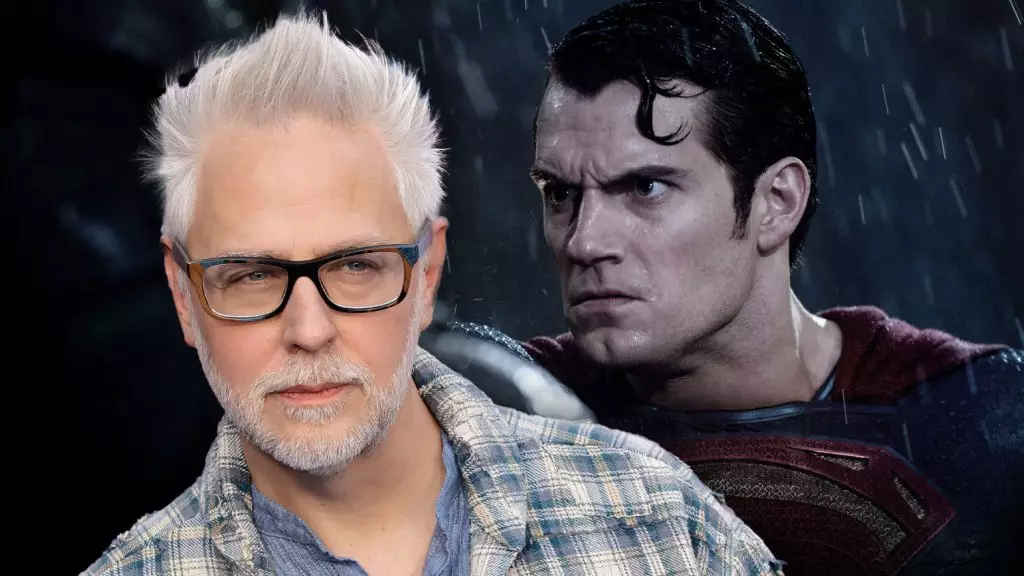In the glossy veneer of Hollywood, where public personas are meticulously curated, genuine respect and loyalty often appear as mere illusions. When high-profile actors like Henry Cavill are abruptly cast aside, it exposes a grim reality: decisions are driven more by corporate strategy than by admiration or loyalty to talent. The recent saga surrounding Cavill’s departure from the Superman franchise reveals a concerning trend where actors become pawns in a game of corporate reshuffling. Despite Cavill’s professionalism and the immense fan support, his dismissal underscores how little Hollywood values loyalty that conflicts with profit motives. This pattern raises critical questions about the sincerity of industry relationships and whether actors are truly valued as artists or just as expendable assets.
Disregard for Fan Engagement and Cultural Legacy
The decision to replace a beloved actor with a newcomer like David Corenswet, while financially motivated, reflects a deeper neglect for the cultural weight of these characters. Fans invest emotionally in actors who embody iconic roles, forging a bond that transcends mere entertainment. Yet, industry insiders often dismiss these sentiments, prioritizing reboots and fresh faces over continuity and respect. The hurried reshuffling, as seen with Cavill’s departure, erodes the cultural legacy built over decades. This not only disrespects dedicated fandoms but also demonstrates a lack of understanding that these stories are more than just franchises—they are part of collective cultural identity. Such superficial regard weakens the franchise’s authenticity and damages the trust that fans place in these studios.
The Fragile Ethical Foundations of Power and Commerce
Hollywood operates within a delicate balance of power where economic interests consistently trump ethical considerations. The narrative surrounding Cavill’s ousting exposes how decisions are often made behind closed doors, with little regard for transparency or fairness. The public notices only the tip of the iceberg—powerful executives crafting narratives that serve their bottom line, often at the expense of integrity. Hollywood’s flirtation with corrosion of ethical standards risks alienating audiences who crave authenticity and moral accountability. The industry’s inconsistency in valuing talent and respecting contractual commitments exemplifies how profit-driven motives distort the moral fabric that should underpin creative endeavors. This undermines not only individual careers but also the moral credibility of Hollywood itself.
The Uncomfortable Reality of Corporate Control
Behind the scenes, the tug-of-war for creative direction reveals a disturbing pattern of corporate control masquerading as strategic vision. As exemplified by DC’s restructuring, decisions to dismiss established stars like Cavill are less about artistic direction and more about consolidating control over intellectual property. The narrative spun for public consumption—about “respect” and “professionalism”—mask the reality of corporate convenience. It creates a false sense of fairness that quickly dissolves once profits are on the line. This commodification of talent and storytelling reflects a broader cultural issue: the prioritization of brand management over authentic storytelling. Hollywood’s obsession with control ultimately erodes creative freedom, reduces talented actors to interchangeable parts, and alienates fans who feel betrayed by the superficial spectacle of respectability.
In an industry so rooted in spectacle, the hollow bravado of respect and loyalty often conceals a ruthless pursuit of profit, revealing that Hollywood’s true loyalty lies with the dollar, not the people or the stories that a genuine audience longs to see honored.

Leave a Reply